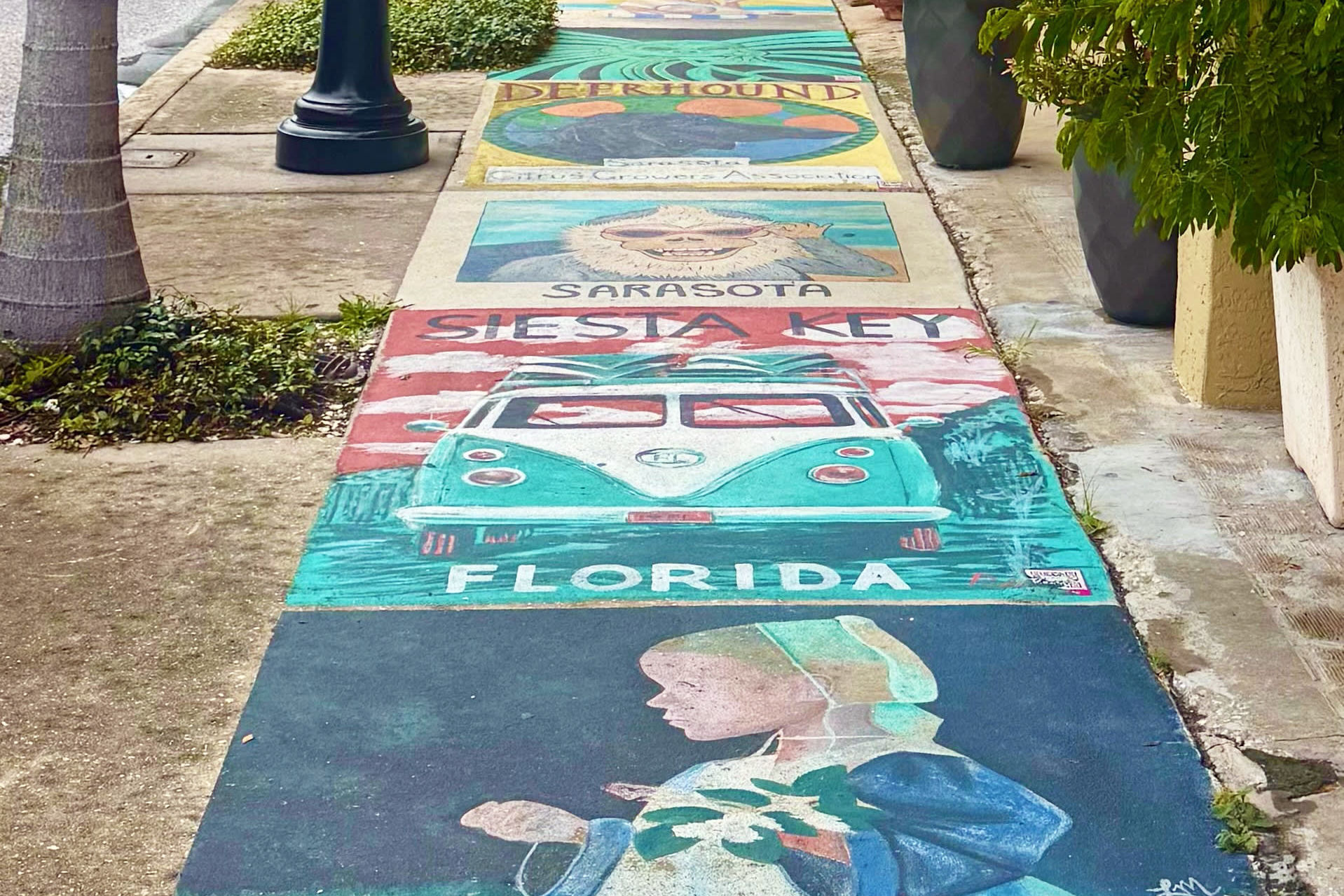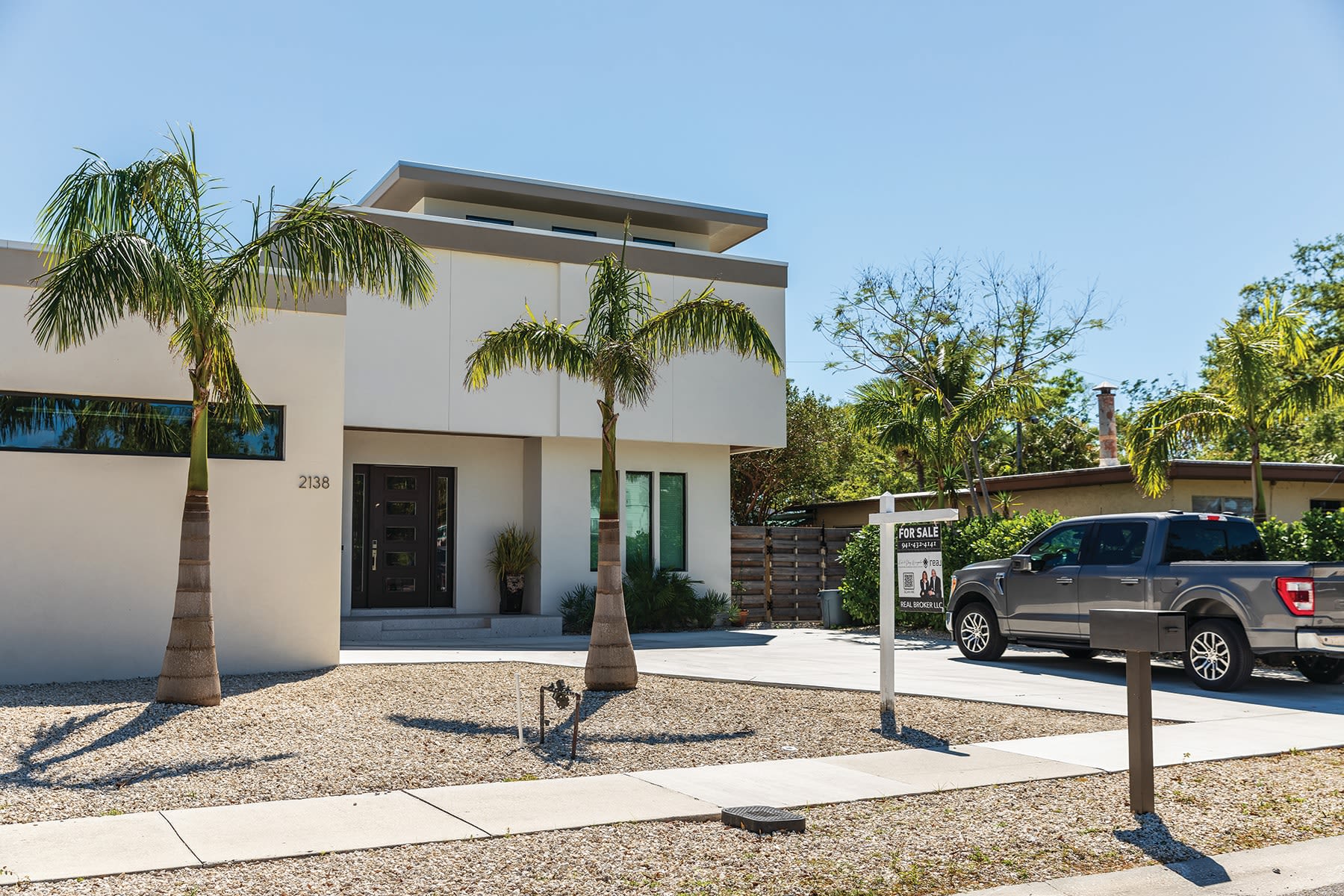A New Condo Law May Offer Owners Some Relief. Is It Enough?

Image: Courtesy Photo
Nearly four years after the collapse of Champlain Towers South in Surfside, which killed 98 people and sent shockwaves through Florida’s condominium sphere, state lawmakers have passed another round of reforms. House Bill 913, which aims to ease some of the financial pressures condominium owners have faced under Florida’s post-Surfside safety regulations, has passed both chambers of the Legislature but has not yet been signed by Gov. Ron DeSantis. As of June 10, the bill is awaiting transmittal to the Governor’s office. If signed—or allowed to become law without his signature—it's scheduled to take effect on July 1.
But many in the industry say that while HB 913 is a step forward, it’s unlikely to resolve the affordability crisis that’s been building.
“There’s no arguing with the basic idea—we don’t want buildings falling down on people,” says Alex Neihaus, board president of Zahrada 2, a 22-unit condominium association in the Rosemary District. “But between insurance, mandatory savings and repairs, the costs have doubled for many of us in under a year. The shocker is really how the insurance costs and the mandated reserve savings intersect.”
After the Surfside collapse, in 2022 Florida legislators quickly overhauled the state’s condo safety laws, creating new, and costly mandates for structural inspections, reserve funding and building transparency. Many older associations, especially those that had deferred maintenance for years, suddenly faced staggering costs to bring their properties into compliance.
HB 913 attempts to soften the blow. Among its key provisions: associations can now borrow money to fund reserves rather than rely solely on direct assessments from owners. Deadlines for certain inspections have been extended and smaller buildings may be exempt from some structural requirements. Transparency measures, including online posting of inspection reports and financial records, are reinforced.
“It’s really an attempt to build some breathing room into a very difficult system,” says Douglas Christy, a local homeowners’ association attorney who represents HOAs across the region. “But it won’t change the fundamentals. The law still applies to most buildings over three stories, which means older, larger condos are still bearing the brunt. The associations that kicked the can down the road on maintenance are now in the toughest position.”
The state’s reserve funding law, governed under Florida Statute Chapter 718, requires associations to maintain specific funds for major repair items like roofing, structural components, plumbing, electrical systems, and paved surfaces. Under HB 913, the minimum repair cost threshold triggering mandatory reserves was increased from $10,000 to $25,000, a long-overdue inflation adjustment. Even so, for many aging condos, these savings targets are daunting.
For newer buildings like Zahrada 2, built just last year, the situation is more manageable—but even there, costs have climbed. “We’re in a brand-new building with a roof that should last 25 years, but the law requires us to start reserving for its replacement now,” Neihaus says. “We have to put aside $15,000 a year just for that. Add in pavement resurfacing, insurance premiums that have spiked, and other mandated reserves, and our fees have more than doubled.”
Perhaps the most significant change in HB 913 is the new allowance for “pooled reserves,” which lets associations aggregate savings across multiple repair categories rather than earmarking strict amounts for each item. For associations like Zahrada 2, this offers more flexibility in managing funds as actual repair needs emerge. But some people, like Neihaus, worry that too much flexibility could lead to short-term thinking. “It delays the inevitable," he says. "That’s part of what led to Surfside in the first place — deferred maintenance.”
The law also adds new requirements for association board members, who are largely volunteers. Starting in 2024, board members must take a four-hour certification course. “I don’t know that four hours can teach you how to run what is essentially a small business,” Neihaus says. “These associations are nonprofits, being run by people who may or may not have business experience, managing millions of dollars.”
The financial strain is now visible across Florida’s condo market, but particularly acute along the Gulf Coast. In Sarasota and Manatee counties, the condo market now favors buyers in a big way. April 2025 data from the Realtor Association of Sarasota and Manatee (RASM) shows Sarasota’s condo and townhouse sales fell nearly 20 percent year-over-year, with 324 units sold. Median prices dropped by 10.2 percent, to $346,500, while inventory grew to 2,714 active listings—a 9.7-month supply, firmly in buyer’s market territory. In Manatee County, the story was similar, but not as pronounced. Sales increased 6.4 percent year-over-year, totaling 300 units. The median price fell just 1.3 percent, to $338,395. Still, the time to contract rose to 62 days, and the average time to sale climbed to 106 days. Inventory also reached 1,816 units, an 8.2-month supply.
“The condo market is being hit hard by insurance and HOA fee increases. In some communities, monthly fees are now as high as the mortgage on an entry-level unit priced around $250,000,” Rigo Rivera told us in an April interview. He’s a broker and the owner of Listify Inc. in Sarasota.
Some associations, particularly those in older buildings, are even weighing whether costly repairs make sense long-term. “In some cases, you’re getting to the point where associations have to ask if it's financially feasible to fund these reserves, or if they're better off selling and demolishing?” says Sarasota attorney Doug Christy. “That’s a tough conversation.”
Another provision in HB 913 directs state regulators to compile compliance data from associations, creating the first statewide tracking system of which buildings have completed their milestone inspections. Supporters say this will improve transparency for buyers, lenders, and insurers, but it may also expose buildings that have fallen dangerously behind.
For many owners, the question is whether the legislation goes far enough. “This was a good start, and we need to do more,” says Neihaus. “But it doesn’t address the costs that have already come with the Surfside reforms. We’re still feeling that.”
For now, HB 913 may offer some financial tools and flexibility, but it doesn’t alter the reality. Florida’s condominium market is still grappling with the aftermath of Surfside, rising insurance rates, and the steep price of deferred maintenance. The law might ease the pain a little, but it doesn’t make it go away.



